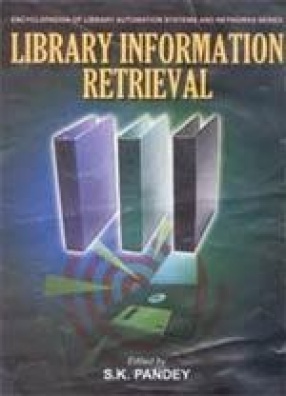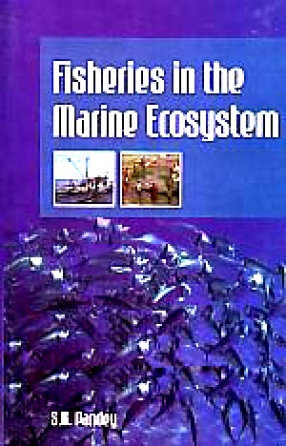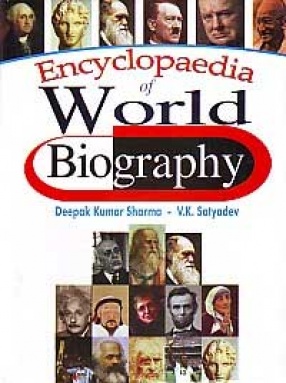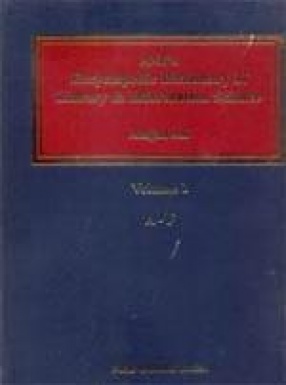Subtotal: $35.10
Library Information Retrieval
In stock
There are many retrieval systems which handle only one phase of the total operation-e.g. a dictionary is a tool for ward retrieval; a library shelf-list aids document retrieval; a technical handbook provides for data retrieval. Some system combines two or more phase. Most stop at document retrieval, and data retrieval-which presents intellectual and technical problems an order of magnitude greater than reference retrieval-is still mainly left to the user. Retrieval systems serve two main functions. One is current awareness-to call to the attention of users newly acquired items of potential interest to them. The other is retrospective search-to provide for a search throughout the whole of a store for items of interest to a particular user. Many existing systems serve only one of these functions, or consists of two unrelated subsystems each serving one function. For example, a library catalogue can be used only for retrospective search, a weekly accessions bulletin only for current awareness. We will see an increasing realization that a system should be designed to serve both functions.
The present book contains the scientific interpretation of various theories and practices of library information retrieval. Topics like Principles of information retrieval; Staff training and development; Staff recruitment and training; Information technology; Information systems in India; Information retrieval services; evaluation and procurement in information retrieval are elaborately dealt in this book.

 The Life of Buddha: As Legend and History
The Life of Buddha: As Legend and History 






There are no reviews yet.